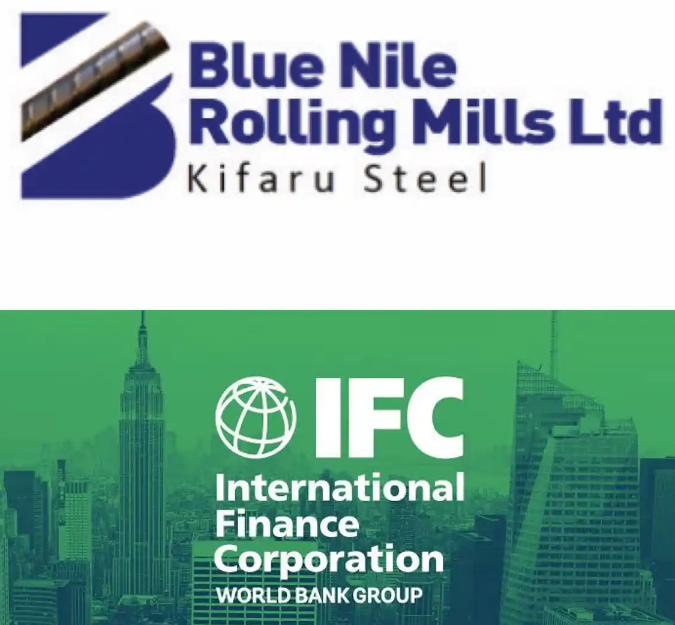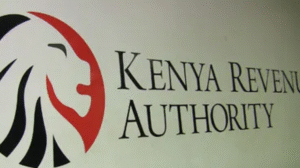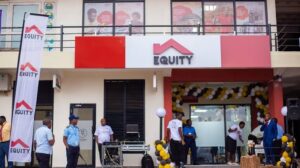Recent revelations have brought to light concerning practices by Blue Nile Rolling Mills, a major player in Kenya’s steel manufacturing industry.
The company has come under scrutiny for allegedly securing a massive tax exemption under questionable circumstances, which has triggered a significant backlash from both government officials and industry stakeholders.
The controversy centers around a Special Operating Framework Agreement (SOFA) that granted Blue Nile Rolling Mills a tax exemption worth over Ksh. 145 billion.
This exemption, meant to support the company’s operations, has raised concern due to its enormous scale and the irregularities surrounding its approval.
Critics argue that the tax break was obtained without following the proper legal procedures, bypassing necessary public participation and transparency measures that are typically required in such cases.
What has particularly fueled the controversy is the stark disparity between the company’s investment and the value of the tax exemption.
Blue Nile Rolling Mills reportedly invested around Ksh. 2 billion in its operations a figure that falls far short of what would typically justify a Ksh. 145 billion tax exemption.
This big gap has led to widespread suspicion that the company may have inflated the value of its project to deceive government officials and secure the tax benefits.
The involvement of prominent government figures, including former Cabinet Secretaries Peter Munya (Trade) and Ukur Yatani (Treasury), in facilitating this agreement has only deepened concerns.
Their roles in approving such a disproportionate tax exemption have drawn criticism, especially in light of Kenya’s ongoing efforts to boost tax revenue to address pressing economic challenges.
The situation has sparked outrage, as it contrasts sharply with the government’s recent push to impose higher taxes on ordinary citizens through the Finance Bill, a move that has been widely debated and opposed.
Legal challenges to the tax exemption are now underway, with petitioners seeking to suspend its implementation.
They argue that the agreement not only resulted in financial losses for the government but also created an unfair competitive environment in the steel industry.
The tax break has been criticized for potentially driving other steel manufacturers out of business by giving Blue Nile Rolling Mills an undue advantage.
Members of Parliament have also raised concerns, estimating that the country could lose up to Ksh. 30 billion due to this tax exemption.
They have called for a comprehensive investigation into all tax exemptions granted under the special operating framework agreements to ensure their legality and assess their impact on the national economy.
This situation highlights broader issues of governance, corporate accountability, and the influence of international financial institutions in local development projects.
The International Finance Corporation (IFC), a member of the World Bank Group, which provided financing for one of Blue Nile’s key projects, is also being scrutinized for its role in this matter.
The case against Blue Nile Rolling Mills underscores the critical need for strict oversight and transparency in managing public resources.
The outcome of this case will likely have implications for Kenya’s tax policies and the business practices of companies operating within the country.
It serves as a stark reminder of the importance of maintaining rigorous checks and balances to prevent the misuse of public funds and ensure a fair and equitable business environment.





















Add Comment